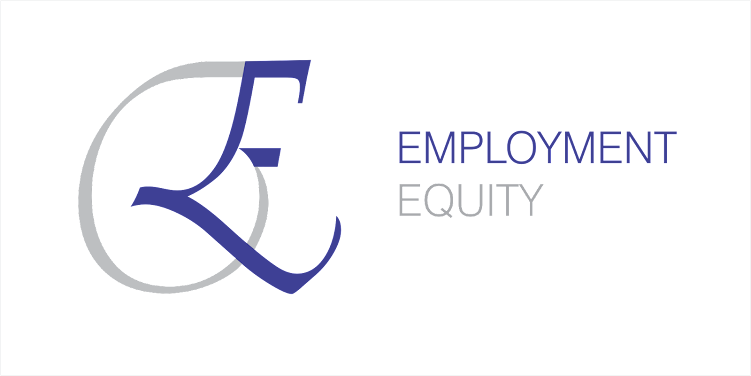What is Employment Equity? In the intricate realm of organisational structure, the term "employment equity" often echoes, sparking queries and discussions among corporate echelons and training committees. Employment Equity Unveiled: At its core, employment equity encapsulates an array of governmental guidelines, legal instruments, and strategies to engineer a homogeneous private sector. This metamorphosis champions the cause of organisational transformation and diversity, echoing the nation's demographic fabric. The prime objective of this orchestration is to champion the cause of equal opportunities, instil fairness, and dispel any shadows of discrimination in the corporate labyrinth. Historical Roots: To fully comprehend the concept of employment equity, we must delve into its genesis and evolution. Tracing its roots back to 1863 in the USA, during the reconstruction period, this concept has its imprint on the sands of time. Lenin's confidante and aide, Inessa Arman...
